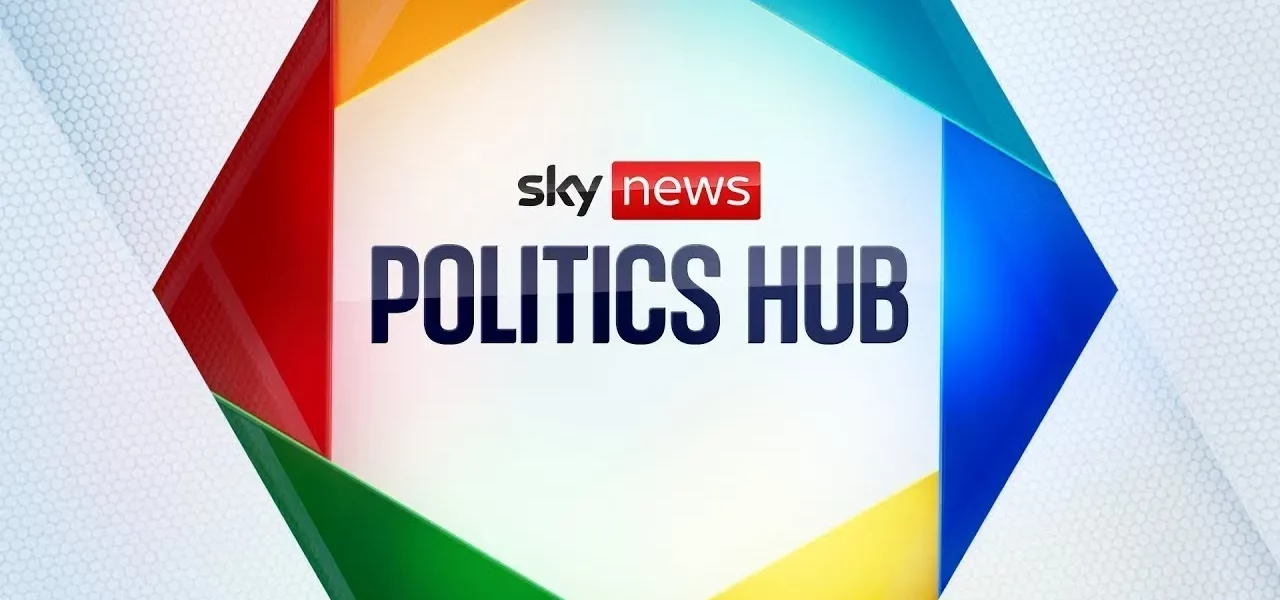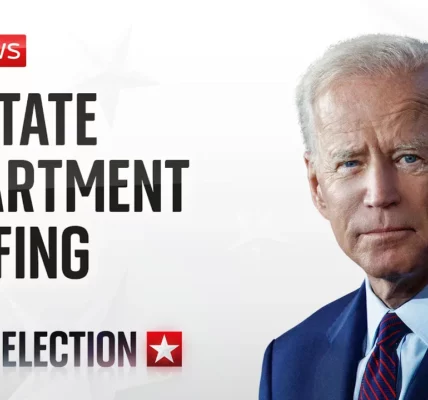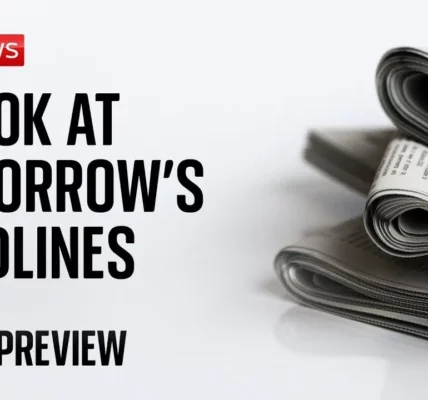The Battle for Number 10: Analyzing the Political Debate and Its Implications

The recent political landscape in the UK has been shaped by intense debates and discussions surrounding tax policies between Prime Minister Rishi Sunak and Labour Leader Keir Starmer. This article delves into the details of the recent debates, public reactions, and the broader implications for the upcoming elections.
Introduction to the Political Debate
The recent televised leaders’ debate, dubbed “The Battle for Number 10,” has sparked significant discussion regarding the future of tax policies in the UK. Amid heated exchanges between Rishi Sunak and Keir Starmer, both leaders have made bold claims about their opponents’ tax plans. This article will explore the details of the debate, the ensuing controversy over tax implications, and the potential impact on public opinion as the election approaches.
Main Points from the Debate
The Context of the Debate
Scheduled just a week after a previous debate, this event saw both leaders presenting their visions for the country amidst an increasingly polarized political environment. Each leader sought to position themselves as the viable choice for Prime Minister, focusing heavily on economic strategy and tax policies.
Key Tax Claims and Rebuttals
During the debate, Rishi Sunak made a controversial claim that a Labour government would raise taxes by an average of £2,000 per family. This assertion drew sharp criticism from Keir Starmer, who accused Sunak of lying and misrepresenting Labour’s financial plans. The exchange highlighted the ongoing tension between the Conservative and Labour parties regarding fiscal responsibility.
- Sunak’s claim: Labour policies would increase taxes by £2,000.
- Starmer’s rebuttal: Claims are based on flawed assumptions and disowned by some researchers.
- Public skepticism: Many voters are concerned about the accuracy of both parties’ tax claims.
Public Reactions and Implications
Voter Sentiment
Voter reactions to the debate have been mixed, with many expressing confusion over the tax figures presented by both leaders. A common sentiment among the electorate is skepticism towards the reliability of the claims made during the debates. Polling data suggests that while both parties are attempting to sway undecided voters, the effectiveness of their strategies remains uncertain.
Media Coverage and Analysis
The media’s coverage of the debate has been extensive, with various outlets analyzing the exchanges between Sunak and Starmer. Some commentators argue that the debate did little to clarify tax policies for the public, while others contend that it effectively showcased the contrasting visions of the two leaders.
- Debate viewership: Approximately 3.8 million viewers tuned in, indicating high public interest.
- Criticism of the debate format: Many analysts believe the short response times hindered meaningful dialogue.
- Future implications: The debate may influence voter turnout, particularly among undecided voters.
Looking Ahead: The Upcoming Leaders’ Event
Significance of the Grimsby Event
Next week, both leaders will participate in a live event in Grimsby, an election target town. This event promises to provide a platform for direct interaction with voters, allowing them to address concerns and questions in real-time.
- Location: Grimsby, a crucial battleground for both parties.
- Format: In-depth interviews followed by audience Q&A sessions.
- Potential impact: Could significantly shape public perception ahead of the elections.
Conclusion
The debates between Rishi Sunak and Keir Starmer have illuminated the stark contrasts between their proposed tax policies and governance strategies. As the election approaches, the importance of clear and accurate communication about tax implications cannot be overstated. The upcoming leaders’ event in Grimsby will be a crucial moment for both parties to connect with voters and clarify their positions. It is essential for voters to stay informed and critically assess the claims made by both leaders as they prepare for the upcoming election.
For more insights on the political landscape and related articles, visit our Political Hub.
“`




